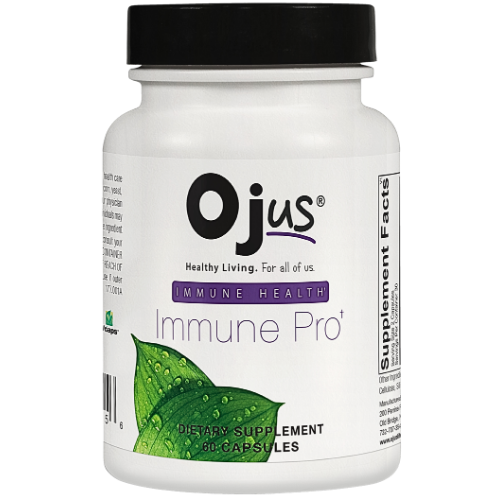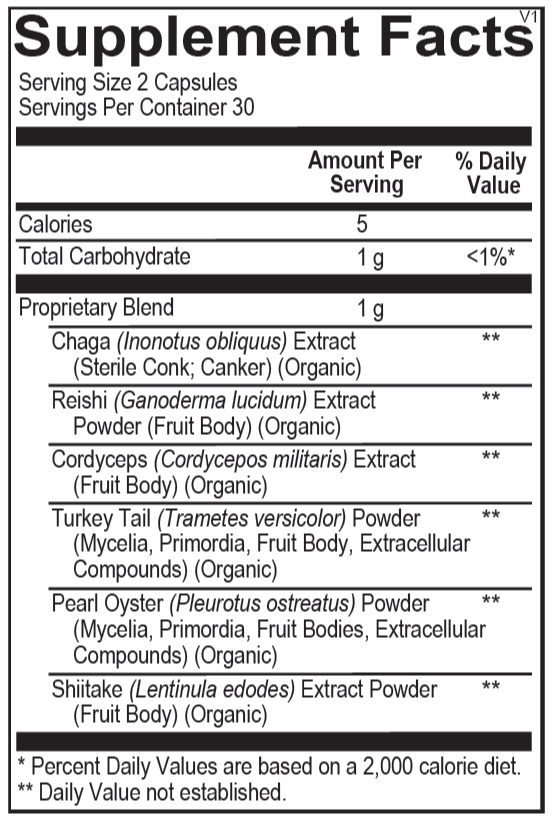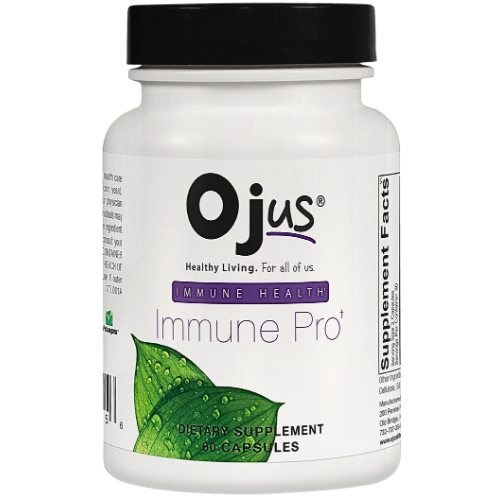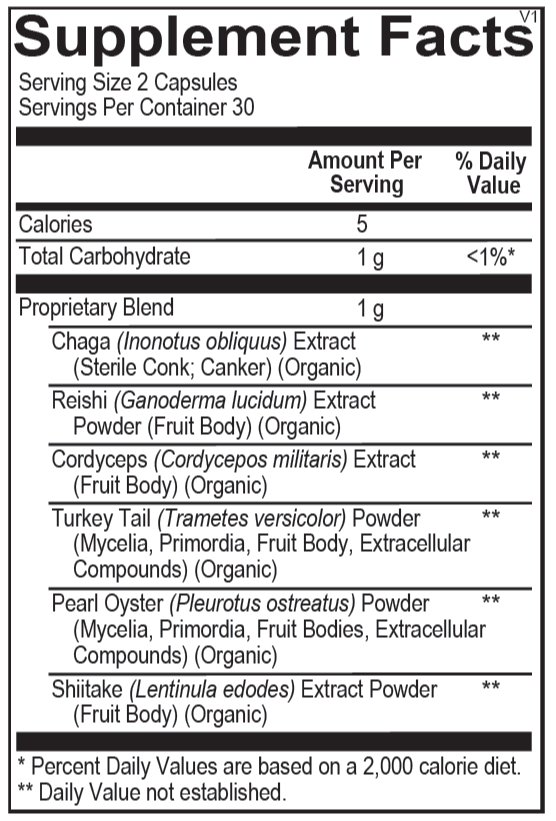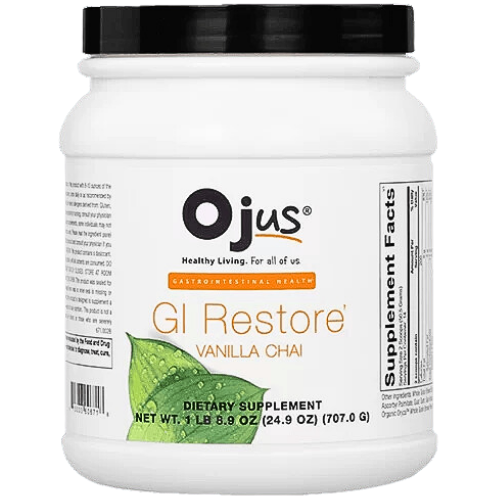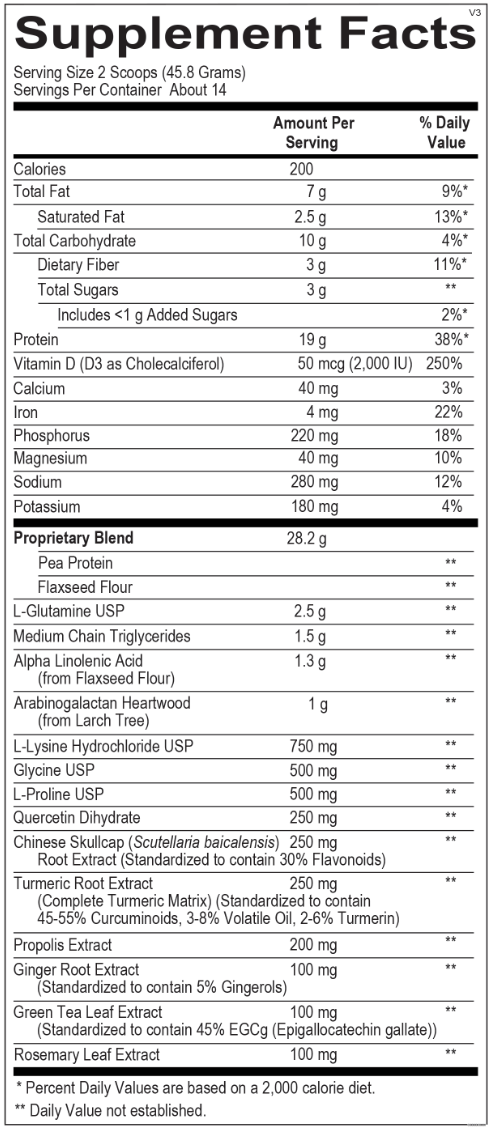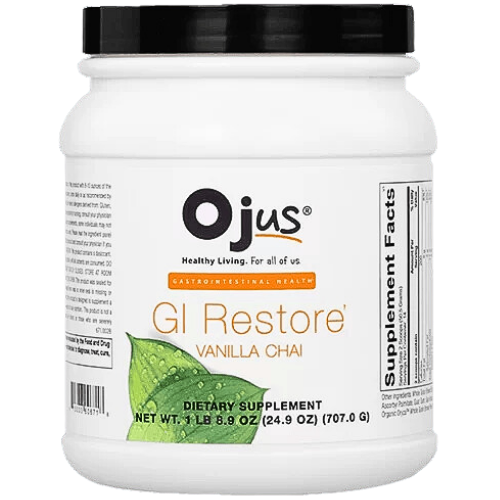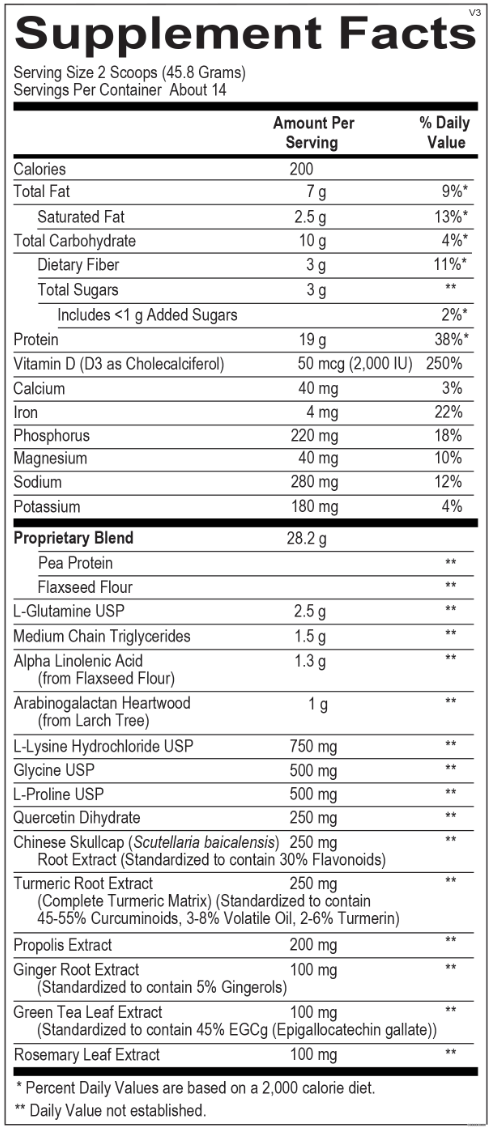
Perimenopause: 5 Ways to Stay Prepared for Menopause Before It Happens
Dr Anita NischalTable of Contents
| Do you often experience vaginal dryness, hot flashes, sleep disturbances, nightmares? Well, it may all be due to the onset of Perimenopause. Perimenopause can prove a bit nasty for your body to manage crazy ride levels of estrogen and progesterone. You may be baffled, befuddled, disheartened or furious. |
In any case, whatever shows your direction, you can, in any event, be readied. Read on, to find out the best ways to deal with Perimenopause symptoms and overcome its potential problems.
What is meant by Perimenopause?
Menopause is categorized as the end feminine time frame and is normally avowed when a lady has missed her period for 12 consecutive months. Also, it brings about poorer levels of estrogen and diverse hormones.
Most ladies experience menopause stage between the age of 40 and 58 but, the normal age is 51. This stage is termed as Perimenopause for 4 to 8 years. It begins with changes in the time span in the midst of periods and closing 1 year after the final feminine time casing.
First Signs of Perimenopause
Some of the hormonally based Perimenopause symptoms are:
1. Hot flashes and night sweats
Around 35%–50% women suffer unexpected waves of body heat with sweating and flushing. They naturally commence in the scalp, neck, face or chest, and can fluctuate considerably among women to women.
2. Vaginal dryness
During the stage of Perimenopause, declining estrogen levels can be the reason for vaginal tissue to become thinner and drier. Also, pain during intercourse, declining sexual desire at midlife is common in Perimenopause.
3. Uterine bleeding problems
With less progesterone to control the augmentation of the endometrium, the uterine lining may turn into thicker before it sheds, ensuing in very heavy periods.
4. Sleep disturbances
According to the research, 40% of perimenopausal women suffer from sleep problems.
5. Mood symptoms
Approximately 10%–20% women experience mood symptoms during Perimenopause. Some studies have correlated estrogen to depression during the menopausal conversion.
6. Other problems associated with Perimenopause
Perimenopausal women sometimes complain of short-term memory problems and complexity concentrating.
Different Stages of Menopause
As you have learnt the definition and symptoms of perimenopause, you can understand the different stages of Menopause that women experience. These are as follows.
Perimenopause
The first stage in which your cycles will become irregular, but won’t stop. You can hit this stage around age 47 and notice symptoms like hot flashes. Also, pregnancy may occur during this stage.
Menopause
Next you will find your final menstrual period and a year without one. The common symptoms are hot flashes, sleep problems, vaginal dryness etc.
Postmenopause
When you hit the year mark from your last period, you enter the final stage, which is Postmenopause. Remember, there will be no sign of vaginal bleeding during this stage. So, consult a doctor if you see anything.
5 Ways to Stay Unaffected with Menopause
There are numerous ways to decrease minor-to-moderate menopause symptoms naturally; here are some for managing perimenopause symptoms:
1. Mind your weight
With menopause, your metabolism slows leading to weight gain more probable and weight loss difficult. Eat a healthy, balanced Perimenopause diet full of vegetables, fruits and whole grains. Avoid sugar-sweetened beverages and limit alcoholic beverages.
2. Embrace exercise
Exercise helps to keep your weight under control, as well as your stress. Also, it promotes better sleep, less depression, stronger bones, and better muscle mass.
3. Learn to cope with stress
Chronic stress is awful for your health, mounting your hazard for high blood pressure and heart disease and other physical nuisance, which are likely to augment after menopause.
4. Managing sleeping issues
Use sleep medications to provisionally direct your insomnia. Talk to your doctor if you frequently have problems sleeping so they can aid you manage it and get an improved night’s rest.
5. Supplementing your diet
Take vitamins for Perimenopause such as calcium, vitamin D, and magnesium supplements, which can decrease your risk for osteoporosis and perk up energy levels and sleep. Also, consider taking an Estro-FEM supplement that can provide relief from hot flashes.
What to Eat for Perimenopause?
It is suggested to eat a variety of foods to get all the nutrients you need and take healthy Perimenopause diet, which are:
- Get enough calcium: Eat and drink dairy products & calcium-rich foods.
- Pump up your iron– Iron is found in poultry, lean red meat, leafy green vegetables, fish, eggs, nuts, and enriched grain products. The recommended dietary intake of iron in older women is 8 milligrams a day.
- Get enough fibre– Help yourself to foods high in fibre like whole-grain breads, cereals, rice, pasta, fresh fruits, and vegetables. Most women should consume 21 grams of fibre per day.
- Drink plenty of water- Drink eight glasses of water every day. It fulfils the daily necessity for women’s health.
Recommendations: Best Vitamins for Perimenopause
Menopause is the characteristic suspension, or halting, of a lady’s monthly cycle, and denotes the finish of ripeness. Most ladies experience menopause by the age of 52, yet pelvic or ovarian harm may cause unexpected menopause prior throughout everyday life. Hereditary qualities or hidden conditions may likewise prompt the beginning stage of menopause.
Numerous ladies experience menopause manifestations in the couple of years before menopause, most generally hot blazes, night sweats, and flushing. Indications can proceed for at least 4 years after menopause.
You may see improvement by treatment, for example, hormone treatment, if your side effects are extreme or influence your personal satisfaction. By and large, menopause indications can be overseen or decreased utilizing regular cures and way of life modifications.
Also Read: Side-effects of birth control pills
The normal age of menopause is 51, and perimenopause symptoms on average start about four years prior to your final period. Most women begin to notice perimenopause symptoms in their 40s as well.
Perimenopause lasts for four years typically. Also, in the last one or two years of perimenopause, the estrogen drops down leading menopause symptoms while still having a period.
Yes, although you are experiencing Perimenopause symptoms but getting pregnant during this stage is quite possible.
The stages of Perimenopause may lead to weight gain. Hence, to lose weight, you must adopt a healthy & balanced Perimenopause diet. Also, you can include vitamins for Perimenopause for better benefits.
Perimenopause is stroked by a fall in estrogen, the major female hormone formed by the ovaries. The estrogen levels can also go up and down more intermittently than they do in a classic 28-day cycle. This can be the source of irregular periods and other perimenopause symptoms.


